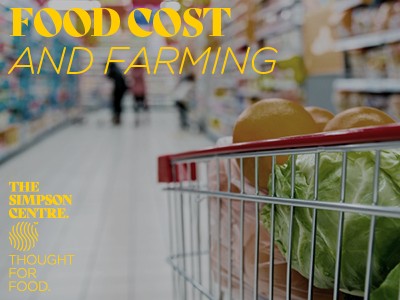Legalizing Marijuana
Although no one would ever mistake me for a Liberal, I’m in favour of Justin Trudeau’s proposal to legalize the possession and sale of marijuana. I follow the lead of distinguished libertarian-conservative thinkers such as Milton Friedman and Michael Walker, who have argued that the state has no business penalizing people for their preference in plants.
In principle, legalization is easy, requiring only that marijuana be removed from the Controlled Drugs and Substances Act. That may take some time because the Liberal government’s many campaign promises will create a crowded agenda in the House of Commons, and there may also be some obstruction from the Conservative-controlled Senate; but it is basically an easy task of legislative amendment.
But the Liberals did not merely promise legalization. The Liberal campaign platform stated that “to ensure that we keep marijuana out of the hands of children, and the profits out of the hands of criminals, we will legalize, regulate, and restrict access to marijuana.” Regulation will be the tricky part because of divided authority in Canada’s federal system.
The Federal Government could attempt to act under section 91(2) of the Constitution Act, 1867, which grants Parliament authority over “the regulation of trade and commerce.” But historically, regulation over the distribution and sale of similar products, such as alcohol and tobacco, has been left to the provinces. Ottawa has confined its role largely to control over imports and exports and the imposition of excise taxes. The provinces have been left to restrict access by age; to set up Crown corporations as sales monopolies (for alcohol); and (again for alcohol) even to interfere with the interprovincial movement of goods, in clear violation of section 121 of the Constitution Act, 1867.
Against this historical backdrop, it is inconceivable that Ottawa will attempt complete vertical integration of the cannabis industry. Don’t look for a Canada-Cannabis Crown corporation to control production, distribution, and sale. Ottawa will probably regulate health and safety, as it does now for medical marijuana, while also making a cash grab through taxation, but stay away from distribution and retail sales.
Enter the provinces. They will certainly want their own share of the revenue, similar to what they now get from alcohol and tobacco. And what will they do about sales? There appear to be three main options: (1) allowing private sales, as is now the case for tobacco everywhere and for alcohol in Alberta (and to varying degrees in some other provinces); (2) selling cannabis products through existing Crown corporations that monopolize the sale of alcohol within the province; (3) setting up new provincial Crown corporations for cannabis. Given the history of provincial fractiousness in Canada, it is unlikely that they will all want to go down the same path. We will thus probably end up with ten different regulatory regimes, meaning that marijuana may differ widely in price and availability from province to province. Just as abortion is legal but not available in Prince Edward Island, marijuana may be legal but not offered for sale in some provinces.
The combination of taxation and variable regulatory regimes means that smuggling and black-market street sales of marijuana will continue. If the combination of federal and provincial taxes raises the price of cannabis products, cheaper supplies will cross international and provincial boundaries. Ditto if provincial regulation does not establish an authorized scheme of distribution and sale. And don’t forget the complexities arising from medical marijuana, whose use has already been legalized in Canada. Legislators will not want to raise the price of medical marijuana to the same heights as their taxation will drive prices for recreational marijuana. Thus, as now happens on a significant scale in Colorado, some people holding prescriptions for medical marijuana will try to buy excess quantities at the medical price and resell it on the street for a profit. Arbitrage operates in all markets, even markets for vice.
To summarize, Justin Trudeau’s plan to legalize marijuana is a step forward worthy of support, but it will not make all issues of crime and law enforcement vanish. Governments greedy for revenue, provinces jealous of their jurisdiction, and the special case of medical marijuana will ensure that smuggling and black markets continue to thrive.

